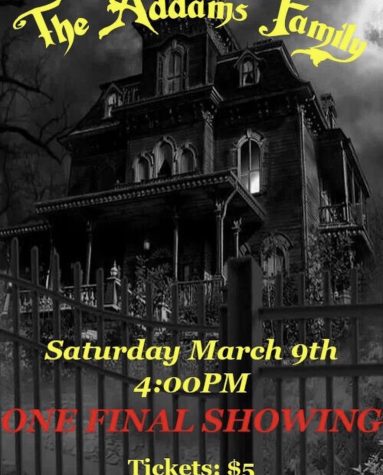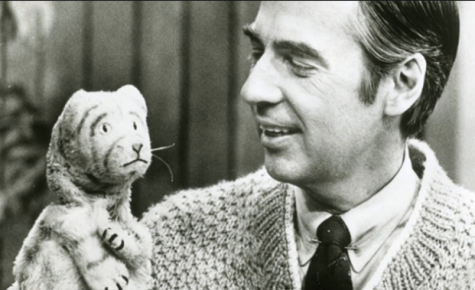‘Tully’ a unique yet grounded look at motherhood
A mother named Marlo (Charlize Theron), after just having her third child, is gifted a night nanny by her brother. Hesitant at first to include a stranger into such a personal aspect of life, she comes to form a bond with the optimistic young nanny named Tully (Mackenzie Davis).

“Tully” was scripted by the Oscar-winning screenwriter Diablo Cody, who has previously worked with director Jason Reitman on “Juno” and “Young Adult” films that are about the trials of being a parent and of having to deal with one’s age, respectively.
And, in a way, “Tully” is about both of these things. Diablo Cody has stated that the film “touches on her own experience with postpartum depression after the birth of her third child,” and she provides a very stark but also very hopeful look at motherhood, presented through both of the duel protagonists.
Marlo and Tully are an interesting reflection of each other two, Tully is a young woman in the prime of her life who has yet to saddled down by the burdens and commitments of parenthood. Alternatively, Marlo is a woman with no major outward problems, she has a loving husband and a healthy daughter, but who is being withered by the burdens and commitments that Tully doesn’t yet understand.
Marlo’s husband Drew (Ron Livingston) is sympathetic and loving, but distant. He, much like his wife, is tired by the daily grind of professional work and being a good father. Their personal lives are almost entirely stripped away by these commitments, leaving them both partially isolated.
What really makes a dialogue heavy drama like “Tully” work is the quality of their actors, and Charlize Theron and Mackenzie Davis both deliver incredible performances. Theron, an Academy Award winner and Davis, who has received a nomination for the Canadian Screen Award, play off each other excellently.
While Reitman’s directing is relatively laid back, which is understandable for a character drama, he makes sure the film doesn’t becomes visually stale, which is easy to for a realistic character drama. There’s some very well directed scenes early on the really highlight how stark and routine Marlo’s life feels, while managing to keep the scenes with Tully almost dreamlike and serene.
The major problem with “Tully” story presents itself in the third act with a shocking ending that manages to be very polarizing. The film works best as a simple but compelling portrayal of maternal exhaustion and postpartum depression, but it’s ending feels like the film wanted to be more than that.
While it doesn’t really work well, it’s not the center focus of the movie, or even important to it. It wasn’t entirely unpredictable, as the film gradually points and hints at the “twist” waiting at the end but it comes off as an unneeded focus shift from what was a very clear vision. “Tully”, despite an ending that didn’t really seem to fit well, excels at presenting a world through the lens of postpartum depression, which is what is important.
“Tully” has a runtime of an hour and thirty-six minutes, and is rated R for for language and some sexuality/nudity.









